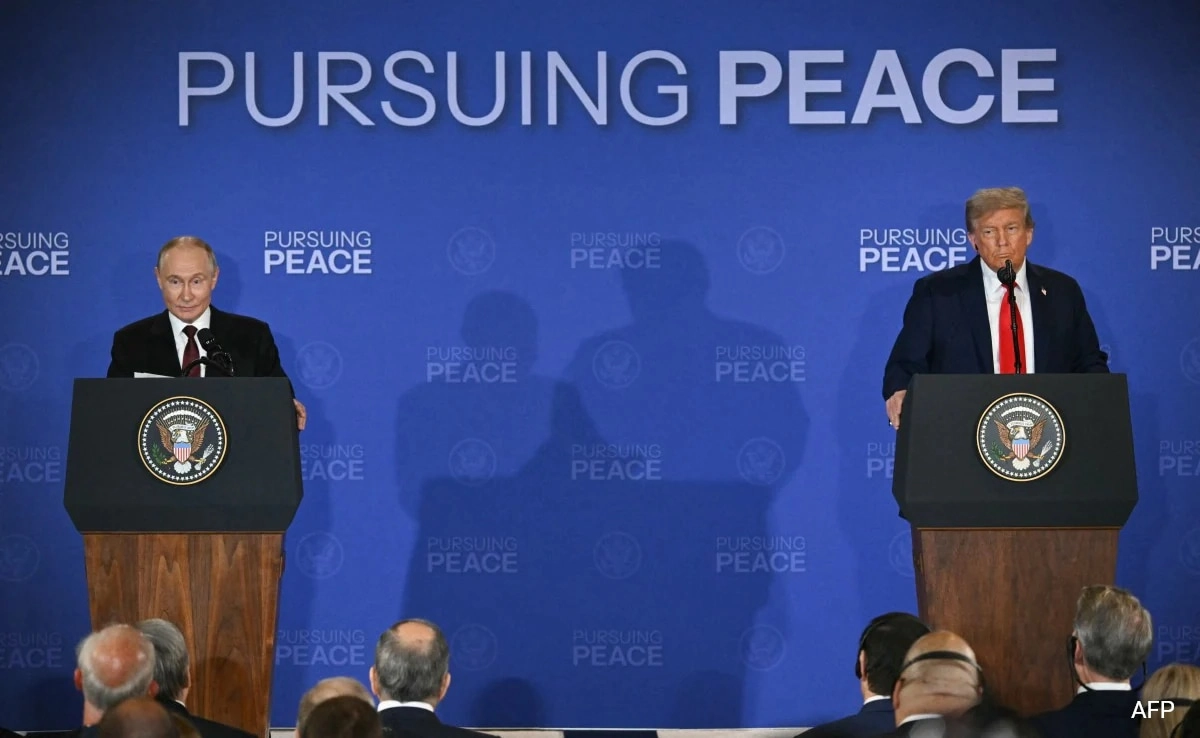As the Alaska summit came to a close, significant developments emerged that captured global attention. Notably, Russian President Vladimir Putin extended an invitation to former President Donald Trump to visit Moscow, suggesting he could host him “next time.” This statement not only highlights the ongoing complex relationship between the U.S. and Russia but also underscores the enduring influence of Trump in international politics, even post-presidency. The invitation raises questions about the potential for future diplomatic engagements and how such interactions could shape U.S.-Russia relations moving forward.
The Alaska summit itself was marked by intense discussions among various global leaders, focusing on pressing issues ranging from climate change to security concerns in the Arctic region. The presence of both U.S. and Russian officials signified an attempt to stabilize relations amidst ongoing tensions. While the summit aimed to foster dialogue, Putin’s invitation added an unexpected layer to the proceedings, suggesting a willingness to maintain lines of communication with U.S. political figures, regardless of their current status in office.
As the world watches these developments, the implications of Putin’s offer could reverberate through the political landscape. Should Trump accept the invitation, it could ignite new debates over the nature of U.S.-Russia relations and the role of former leaders in shaping foreign policy. Moreover, it poses a challenge for the current administration, which must navigate the delicate balance between engaging with Russia and addressing concerns about its actions on the global stage. The Alaska summit may have concluded, but the dialogue surrounding these events is far from over, setting the stage for future political maneuvers that could redefine international alliances.




